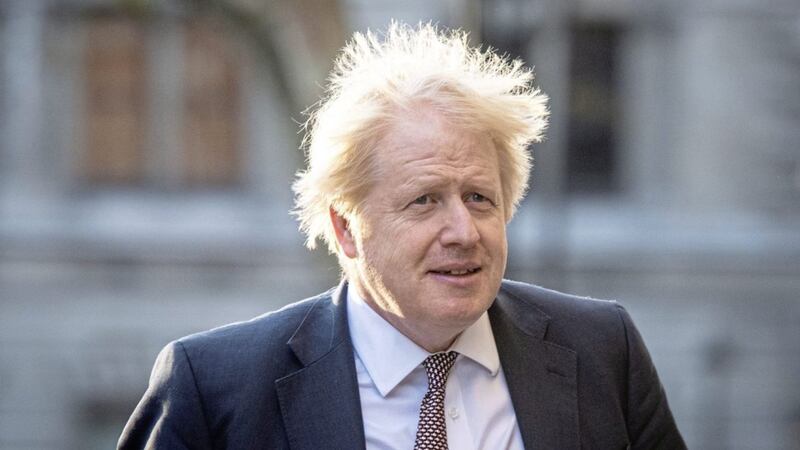There was some surprise in 2015 when Translink awarded the contract for Belfast’s Glider vehicles to a Belgian company, Van Hool, rather than Ballymena coachbuilder Wrightbus.
Yet this is how the EU single market is meant to work. Van Hool’s product was a better match for the specifications so it won the tender. A local firm could not be favoured.
That point has often escaped our political representatives. DUP ministers ran Invest NI for a decade without any serious preparation for the EU’s gradual outlawing of business subsidies. Sinn Féin introduced an investment programme at Belfast City Council in 2012 that was to target public procurement on Belfast firms, in breach of EU law.
The rules for a free market across Europe are known collectively as the ‘level playing field’. They overlook a lot of service industries and contain important exemptions for agriculture, small firms, research and development and regional development. But otherwise they ban “any aid granted by a member state or through state resources in any form whatsoever which distorts or threatens to distort competition”, to quote the EU’s highest treaty.
Grants, subsidies, tax breaks and cheap loans can all fall foul of this if they give a selective advantage to particular firms, products, industries or locations.
Unusually, these laws have so-called ‘standstill’ application, meaning a member state cannot enact a policy then see if someone challenges it. Anything that might be state aid must be cleared with the European Commission in advance, which by itself has slowed matters to a crawl. The commission also has strong investigation and punishment powers.
All of this is set to become a major Brexit issue for Northern Ireland, potentially of far greater significance than the issues of tariffs and inspections that have dominated discussion to date.
Under Boris Johnson’s Brexit deal, which could pass within weeks, Northern Ireland is required to stay on the level playing field while Britain is not.
Theresa May’s deal committed Britain to staying but Johnson has downgraded that to an aspiration.
Britain is still not expected to leave. Brussels has made it clear the level playing field must apply in return for a free trade deal, as is standard practice in trade deals.
The UK was always the keenest proponent of the level playing field as an EU member - it was largely Margaret Thatcher’s idea and remains consistent with the original Brexiteer vision of a buccaneering free trade future.
However, Johnson’s government is shifting rapidly towards a more populist, protectionist, high-spending stance - think Trump, not Thatcher. It is easy to foresee Britain and Northern Ireland diverging, with remarkable implications.
Support for industry in Britain could not be extended to Northern Ireland under Johnson’s deal. A proportionate sum might be added to the block grant to spend as Stormont sees fit. But as the Invest NI and Belfast City Council stories show, our representatives struggle to appreciate how EU law constraints their actions. The DUP and Sinn Féin want to rebuild devolution around a new industrial strategy. Do they realise they would need to run everything past the Brexit management committees, in line with EU laws they must continue to adopt without question?
Johnson’s deal appears to restrict the level playing field to firms involved in EU trade but this is misleading. If Wrightbus only sold vehicles in Northern Ireland, for example, it still could not be subsidised as this would disadvantage Van Hool in our market.
Even more controversially, Northern Ireland’s level playing field will impact firms in Britain. If the UK government wanted to subsidise a car factory in Sunderland, the EU would have to be consulted about how many of its cars ended up here. Possible remedies include charging higher prices in Northern Ireland than in Britain so European manufacturers would not be disadvantaged on our forecourts.
While this is an obvious political nightmare for unionists, it is also an ideological challenge for republicans. The EU’s enforcement of a free market is why Sinn Féin was a Eurosceptic party in the past. Will it become one again? The alternative is signing up to a buccaneering Northern Ireland.
Either way, the highest point of the sea border looks set to be a playing field.
That might stretch our Brexit imagery to the limit but there is no excuse for not seeing it coming.









